Travel has evolved so much over the years, yet some trends popularized by boomers just don’t fit today’s vibe.
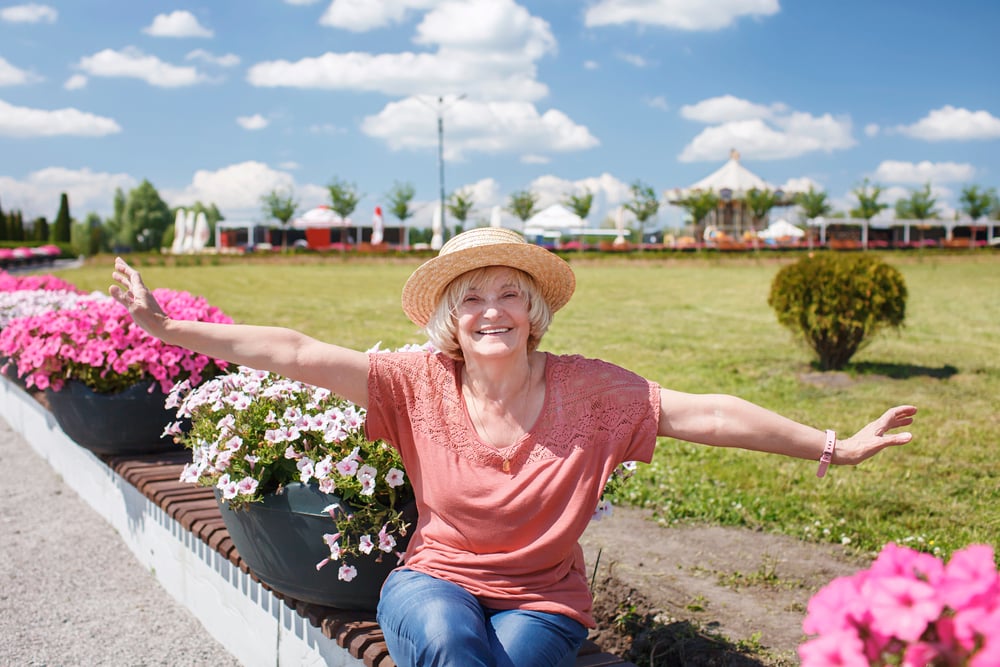
Recognizing these outdated habits can help us all enjoy more meaningful, sustainable, and fun travel experiences. Here are 12 boomer-inspired trends that seriously need to disappear. Travel these days is about freedom.
1. Rigid group tours that stifle personal discovery.
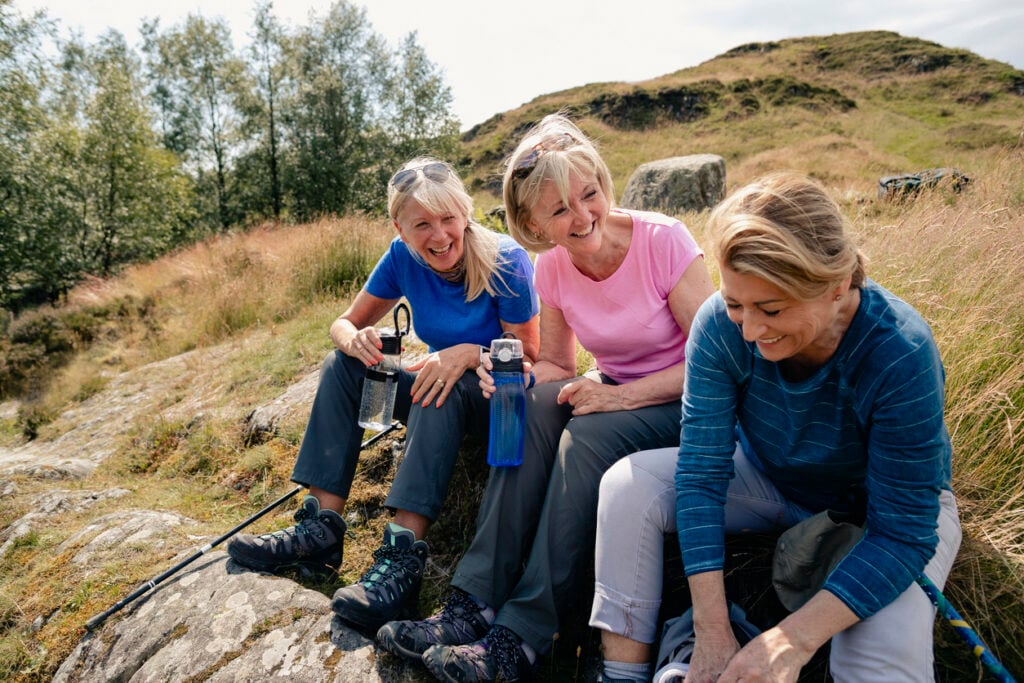
Travel these days is about freedom. Skipping rigid itineraries allows you to wander down hidden streets, chat with locals, and savor unplanned moments that stick in your heart. Ditching the all-encompassing tour makes traveling more about exploration and less about ticking off a checklist. Nowadays, minimalism is the key, as mentioned in Rustic Pathways.
2. Packing everything but the kitchen sink.

Nowadays, minimalism is the key. Packing smart means you can move faster and feel lighter on your feet. Imagine breezing through airports with only carry-on luggage and a sense of freedom—that’s a travel vibe worth embracing, The New York Times reported. Choosing locally owned guesthouses, B&Bs, or boutique stays opens doors to genuinely connecting with the place and its people.
3. Prioritizing luxury hotels over local stays.

Choosing locally owned guesthouses, B&Bs, or boutique stays opens doors to genuinely connecting with the place and its people. These accommodations often offer unique designs, homemade meals, and stories that huge hotels simply can’t replicate, as shared at Yahoo! News. Today, so much insider info is at your fingertips—from social media to blogs and apps.
4. Over-relying on guidebooks instead of personal research.
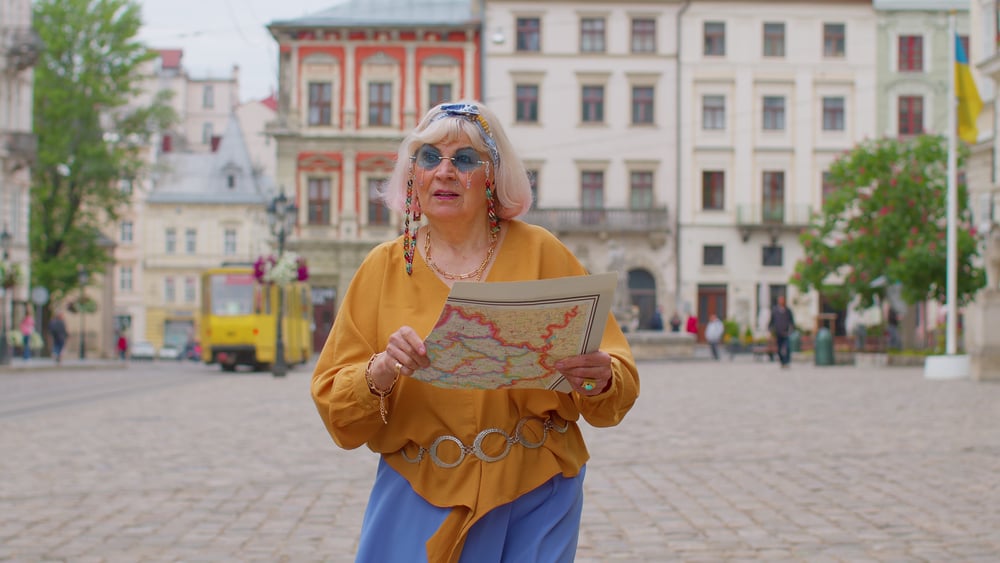
Today, so much insider info is at your fingertips—from social media to blogs and apps. Crafting your own travel plan lets you seek lesser-known gems and tailor your journey exactly to your passions. It’s about going beyond the page and making each trip uniquely yours. Exploring off-the-beaten-path places results in richer stories and fewer crowds.
5. Chasing headline tourist spots relentlessly.
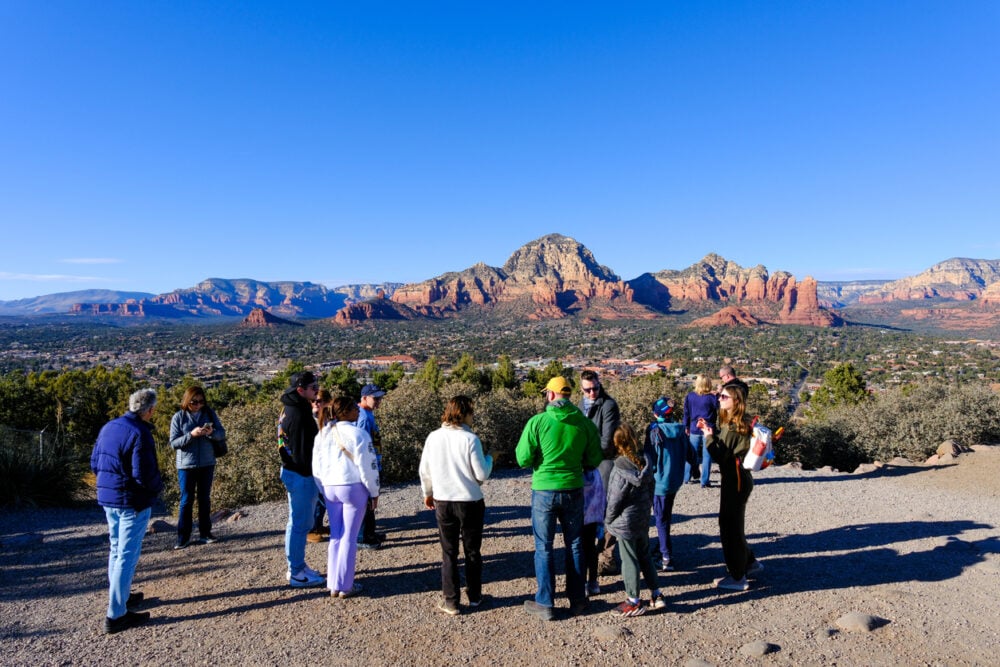
Exploring off-the-beaten-path places results in richer stories and fewer crowds. Sometimes wandering into a tiny village or less heralded attraction leads to experiences that are more meaningful and memorable than standing in long lines at tourist traps. Modern travel values balance and downtime.
6. Over-scheduling every single day.

Modern travel values balance and downtime. Scheduling a few activities alongside periods of leisure lets you truly appreciate your surroundings without rushing. Unplanned free time can lead to the best memories, like chatting with a street vendor or watching a sunset. Now, the focus has shifted to experiences over objects.
7. Relying heavily on souvenirs as trip mementos.
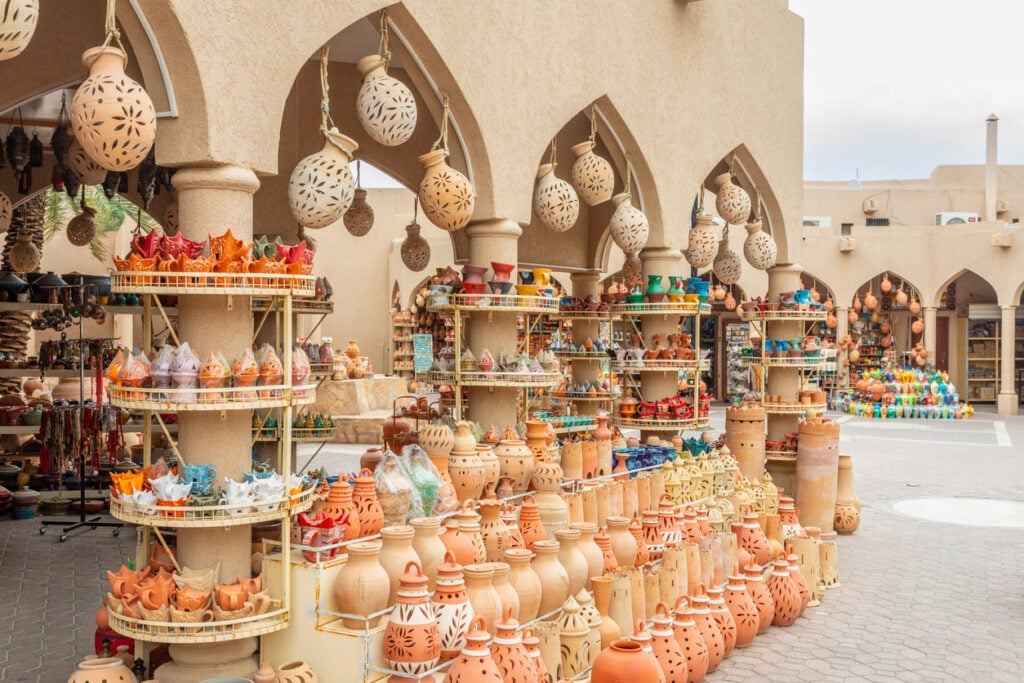
Now, the focus has shifted to experiences over objects. Photos, memories, and stories shared with friends hold more value than random trinkets. Embracing digital mementos or journaling about your travels creates a lasting, personal connection without the extra baggage. Exploring street food stalls, family-run diners, and open-air markets offers a window into authentic tastes and cooking traditions.
8. Eating only at tried-and-true tourist restaurants.

Exploring street food stalls, family-run diners, and open-air markets offers a window into authentic tastes and cooking traditions. Sampling local flavors is one of the greatest joys of travel—so stepping away from familiar eateries adds richness to your adventure. Tweaking your schedule to visit places in off-peak seasons can reveal fewer tourists, better prices, and surprisingly pleasant weather.
9. Traveling mainly during peak seasons despite crowds.
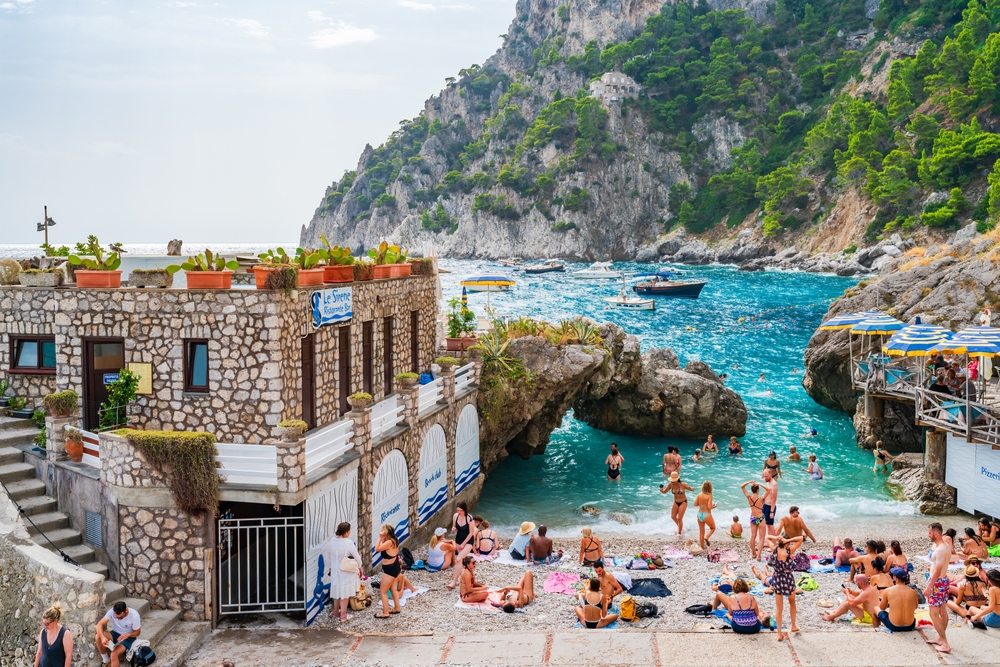
Tweaking your schedule to visit places in off-peak seasons can reveal fewer tourists, better prices, and surprisingly pleasant weather. Skipping the peak crush lets you enjoy a more relaxed, immersive experience, plus inspires responsible travel that respects local communities. Apps now streamline navigation, reservations, language translation, and more—all accessible from your phone.
10. Using heavy printed maps and documents instead of apps.
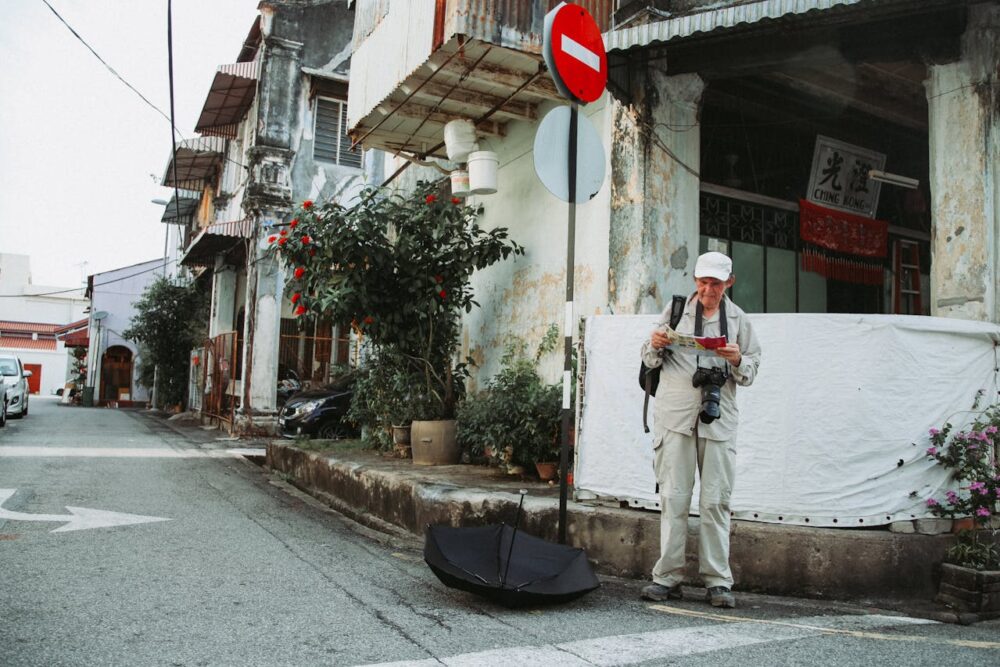
Apps now streamline navigation, reservations, language translation, and more—all accessible from your phone. Adopting these tools means less fumbling with papers and more seamless exploration. Having trusted tech on hand improves confidence and spontaneity. Contemporary travelers are increasingly aware of their footprint.
11. Ignoring environmental impact when traveling.

Contemporary travelers are increasingly aware of their footprint. Embracing eco-friendly options such as public transit, reusable items, and eco-lodges supports preservation efforts and ensures destinations remain beautiful and viable for years to come. Slowing down to savor fewer locations allows for deeper connections, richer cultural understanding, and more meaningful memories.
12. Prioritizing quantity of destinations over quality experiences.
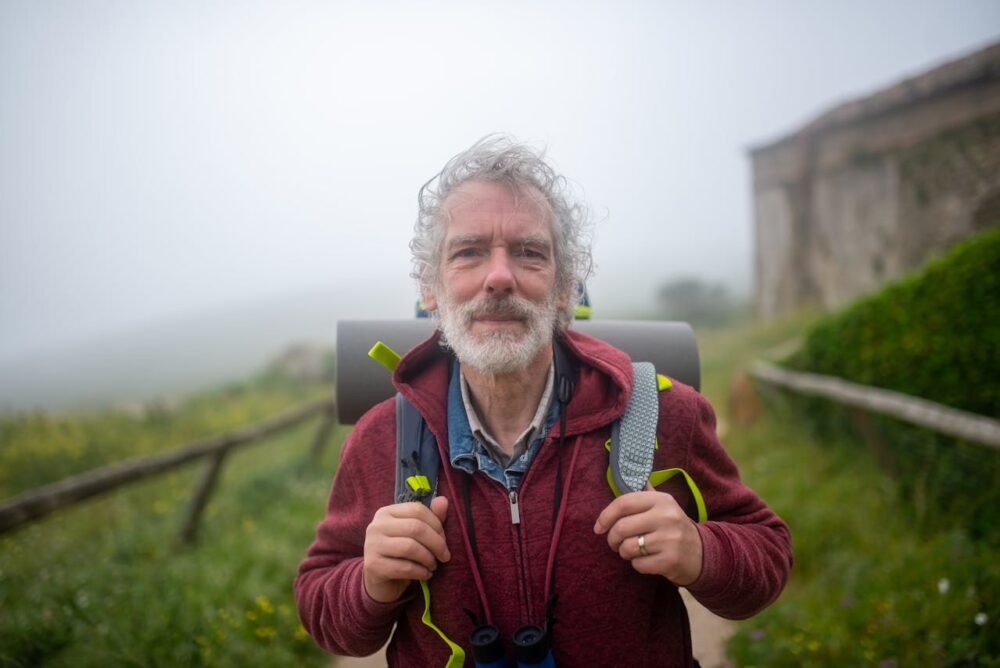
Slowing down to savor fewer locations allows for deeper connections, richer cultural understanding, and more meaningful memories. Traveling isn’t a race; it’s about turning journeys into stories worth telling long after you’re back home.
